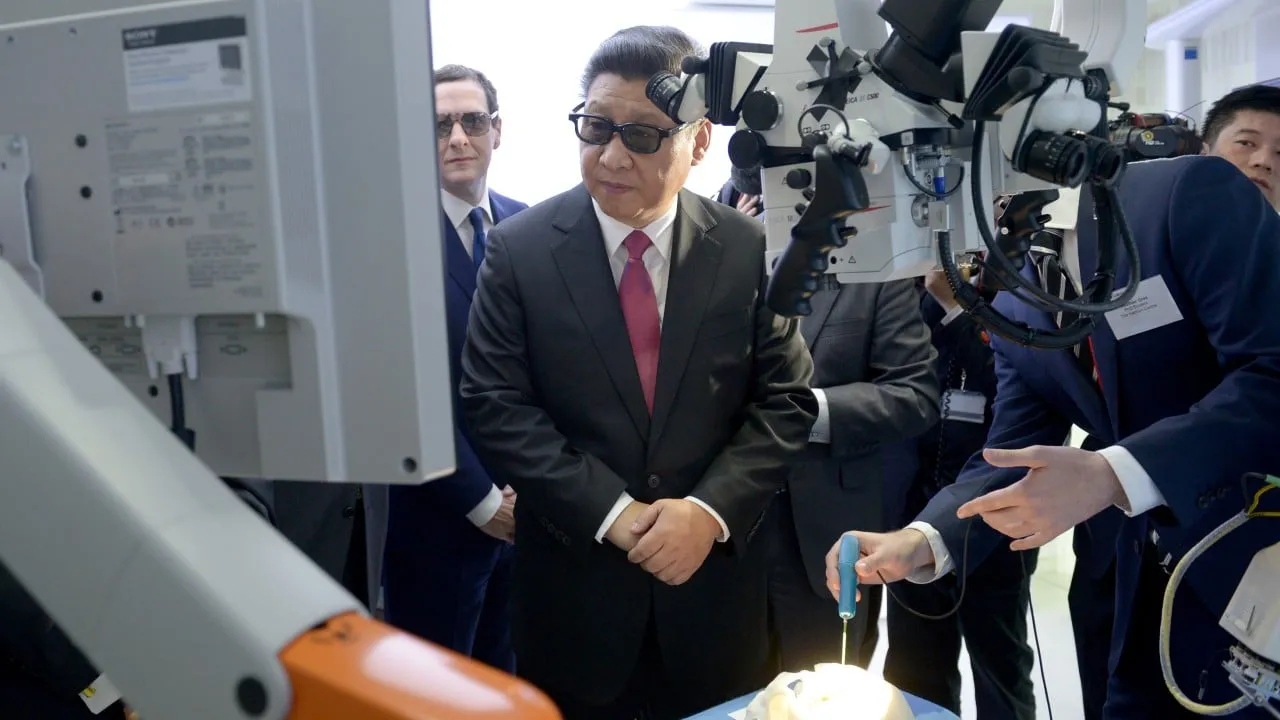Xi Jinping's Vision for Trade: A New Era of Chinese Investment in the UK

As Xi Jinping emphasizes the importance of trade, the possibility of renewed Chinese investment in the UK is on the horizon. Recent communications between UK and Chinese officials point toward significant economic discussions aimed at resuming ties that have been strained since the Covid-19 pandemic and past policies restricting investment. Labour’s recent political maneuvers, particularly under leaders like Rachel Reeves and Keir Starmer, are setting the stage for improved UK-China relations.
With a stronger preference for pragmatic economic ties, the Labour Party is keen on fostering an investment-friendly environment, especially in critical sectors such as electric vehicles. The recent approval of investments related to Chinese companies suggests a farewell to the previous administration’s more hostile approach, especially after Boris Johnson’s restrictive policies and Huawei’s exclusion from the UK’s telecommunications landscape.
New Opportunities for Collaboration
The economic dialogue anticipated between the UK and China could revitalize opportunities, making regions like the north of England a focal point for Chinese investments aimed at bolstering local economies. This transition comes as the UK’s policy shift is also guided by the Labour Party’s renewed focus on wealth creation and alleviating regional economic disparities.
Significance of Chinese Investment
- Since 2000, Chinese investment inflows into the UK total approximately £68 billion.
- Chinese companies in the UK generate significant turnover and employment opportunities.
- Investment in sectors like electric vehicles may benefit regions with skilled workforces.
The Future of UK-China Relations
The anticipated dialogues underscore a shift towards a more cooperative economic landscape that could bolster both the UK and China's economic interests. As Boris Johnson's and Rishi Sunak's policies laid the groundwork for scrutiny of Chinese investments, the forthcoming financial negotiations may pave the way for a more favorable trade relationship that benefits both nations.
This article was prepared using information from open sources in accordance with the principles of Ethical Policy. The editorial team is not responsible for absolute accuracy, as it relies on data from the sources referenced.